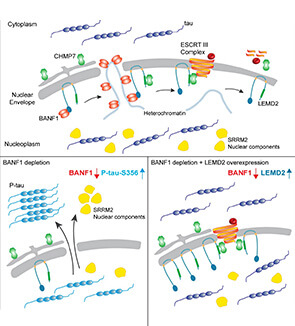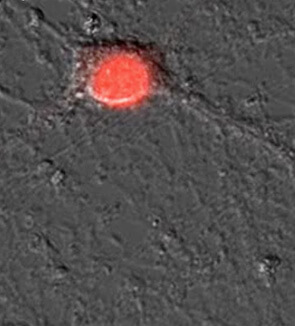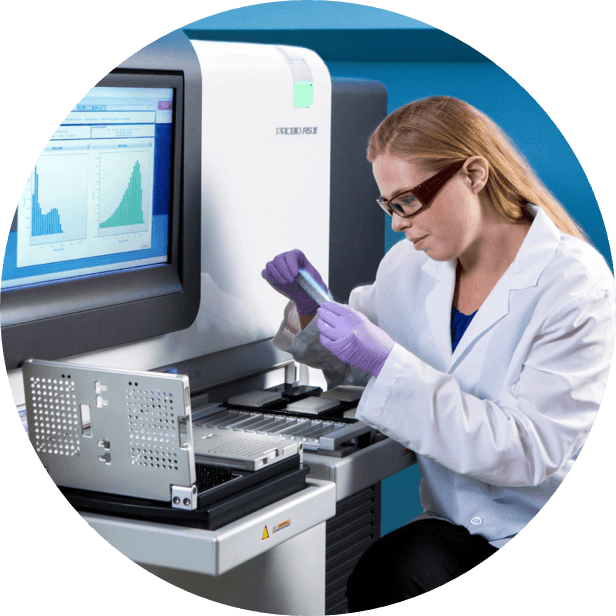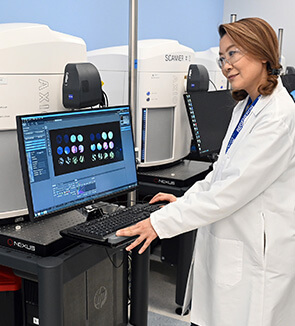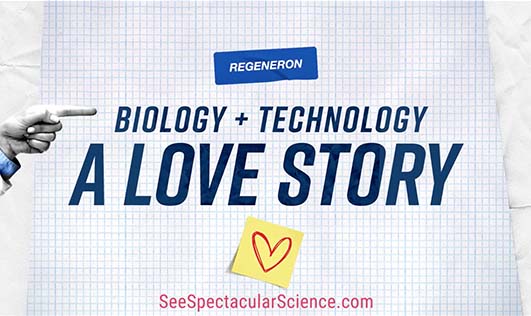THE REGENERON GENETICS CENTER®
ONE OF THE WORLD’S LARGEST HUMAN GENOMIC RESEARCH EFFORTS
Our Regeneron Genetics Center (RGC®) has a singular mission: genetics to therapeutics, designed for all. Our geneticists and colleagues in bioinformatics, clinical research and other disciplines complement our groundbreaking and ambitious work by identifying genetic mutations linked to human diseases that Regeneron colleagues can then target for therapeutic discoveries. As we celebrate the RGC’s 10th anniversary, we continue to advance large-scale sequencing programs across the globe by partnering with leading human genetics researchers – now with more than 120 collaborations in 23 countries. View our collaboration model.
Since its inception, RGC has created one of the world’s largest and most diverse genomic databases, with around 2 million exomes sequenced as of the end of 2022. Paired with proprietary data analytics, human ingenuity, machine learning and artificial intelligence, we can quickly and effectively analyze data to make meaningful associations among genes and diseases.



